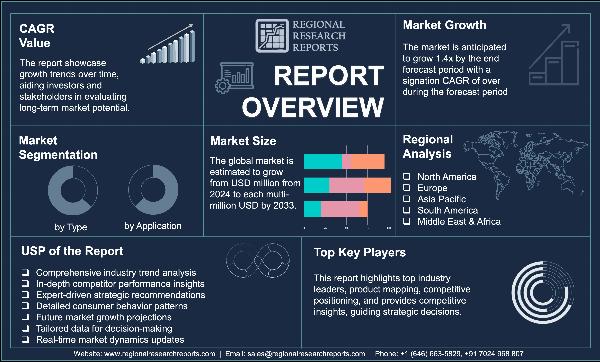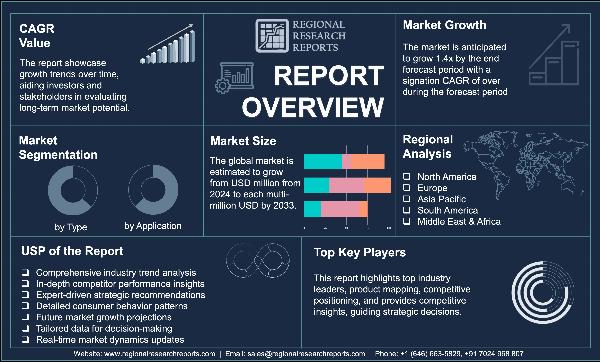 Competitor Backlink Hack – Steal Their Traffic. Legally!
Competitor Backlink Hack – Steal Their Traffic. Legally!
How Tokenization is Changing the Landscape of Real Estate Ownership
Written by Abijohn » Updated on: June 17th, 2025

Introduction
The real estate industry has been tied with massive investments, complex dealings, and detailed legal structures for a long time now. With digital technology evolving, new conceptions of property ownership are being introduced by tokenization. Tokenization refers to the process of converting ownership of real-world assets such as real estate into digital tokens on a blockchain network. This innovation is offering new possibilities for the investors, the property owners, and the market altogether.
What is Real Estate Tokenization?
Real estate tokenization is the process of creating digital representations of real estate assets that are stored securely on blockchain technology. Tokens signify ownership shares in the property and can be fractionally divided. In other words, rather than having an entire building to invest in, a person can buy portions of it so that many more people can invest in real estate markets that were previously limited to the wealthy or institutional investors.
Thus, tokenization benefits the real estate sector by improving transparency, security, and liquidity through using blockchain technology. An immutable ledger maintained by blockchain ensures that every transaction is accurately recorded, hence reducing fraud risk and increasing the assurance of all participants in the transactions.
Breaking Down Barriers to Entry
Real estate investments require high capital and thus include heavy initial costs. Investments in large commercial properties or large-scale residential developments usually run into millions of dollars and remain beyond the reach of the average individual investor. Tokenization has brought about a new way of ownership: selling small shares of properties to investors at reduced costs, which effectively means fractionalization of ownership.
Liquidity and Market Access
Real estate has always been considered an asset with low liquidity. You can hardly buy or sell any of it in a few days with him. Traditionally, real estate transactions could take weeks or months to close, and once you purchase a property, it is more often than not tied for a long time. The tokenization of real estate increases the liquidity of the asset.
Since tokenized real estate sits on the blockchain, it can be traded on digital platforms developed for transacting in real estate. It means tokens can be bought and sold considerably quicker than you could sell real property, which might create opportunities for investors seeking to exit their positions or diversify their portfolios. Liquidity offered through tokenized real estate can boost the energy and flexibility of the markets and encourage entry and exit from the real estate space with relative ease.
Increased Transparency and Reduced Costs
Real estate tokenization is entirely based on the blockchain platform. And as such, it can bring an unprecedented level of transparency. Each transaction and ownership records stored securely on the blockchain are open to the public for verification. This will do away with all intermediaries and associations and allow investors to easily trace the entire history of a property or asset without fear of fraud and disputes. Also, tokenization can bring dramatically lower transaction costs.
Traditional real estate deals generally require several third-party service providers, including brokers, notaries, and lawyers, each further burdened by service fees. Tokenized real estate eliminates many of these intermediaries by automating through smart contracts self-executing contracts with the terms directly written into code. Everything becomes streamlined when employing smart contracts; everything from verifying ownership to transferring cash can now take place efficiently without administrative costs.
Fractionalized Ownership and Risk Diversification
One of the very exciting aspects in tokenization is fractionalization of the actual estates. By fragmenting a property, tokenized properties can be traded into smaller units and hence an investor can diversify into many different properties reducing risk with respect to investing in particular assets. Hence, this fractional ownership is able to create diversification of the asset class into real estate types, whether it is residential or commercial, industrial or even land. Rather than putting your entire capital into one single property, the tokenization allows for spreading investments into several different types of real estate, thus reducing the risk.
This fractionation property also affects the risk management of property. Hence, it brings a possibility of pooling funds of thousands of investors to finance development or rehabilitation projects of properties. So, this can define the idea in terms of making it cost effective in collecting funds while differentiating ownership among many smaller stakeholders for real estate owners.
The Regulatory Landscape
Tokenization has provided numerous benefits. However, it has also raised some challenges especially when it comes to regulation. For many jurisdictions, real estate tokenization is viewed in the gray area, a situation in which the legal framework does not keep pace with technological developments. Some advances exist in various countries toward establishing clear guidance with regard to digital assets, but the landscape remains under development.
The absence of familiarity with standardized regulations creates ambiguity for investors, developers, and platforms that seek to facilitate tokenized real estate transactions. As time goes by, and with the ever-growing adoption of blockchain and tokenization, it is more likely that governments and regulators will probably take action towards comprehensive and widely accepted standards to ensure the integrity and security of these new digital assets.
The Future of Real Estate Tokenization
The potential of real estate tokenization is indeed infinite. It transforms real estate operations by fractionalizing assets, boosting liquidity, lowering transaction costs, and making investment opportunities more accessible to many beyond the traditional elite investor. More and more sophisticated as blockchain technology evolves, real estate tokenization will inevitably stir greater demand for it in the capital market, thereby creating more efficient, accessible, and inclusive markets. However, real estate tokenization is not just a technical innovation but also a paradigm shift in thinking about ownership, investment, and the future of property markets. For the investors, for the developers, or simply anyone looking to be a part of the real estate industry, this is evidently a development that cannot be ignored.
Conclusion
Tokenization is probably changing real estate ownership. Tokenization opens ownership fractionalizing, improving liquidity and transparency by breaking past entry barriers, opening real estate to a whole new set of prospects for investors. The technology and the regulatory landscape are yet to be established; tokenized real estate can significantly change the market-the promise of reshaping real estate investing to be more accessible, efficient, and global than ever before.
Note: IndiBlogHub features both user-submitted and editorial content. We do not verify third-party contributions. Read our Disclaimer and Privacy Policyfor details.
Copyright © 2019-2025 IndiBlogHub.com. All rights reserved. Hosted on DigitalOcean for fast, reliable performance.

















